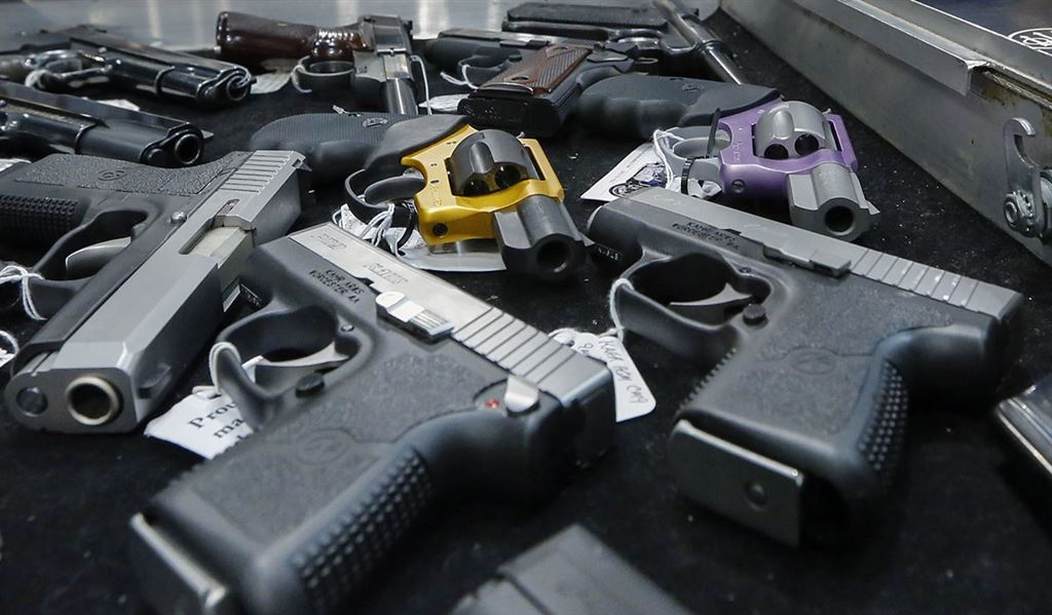How many times have you been told to "trust the science" over the last few years?
I'm someone who has delved into research over various topics of interest because I generally trusted that most researchers were interested in finding the truth, not in advancing a particular agenda. While much of that research had serious flaws, they were all understandable based on things beyond the researcher's control and most of the scientists acknowledged those problems.
I can accept that.
However, when it comes to politically charged topics, there's no way we can trust it, particularly with regard to guns. We've covered the reasons why before. Well, that covered part of them. We've also seen evidence elsewhere of why there's an issue.
I want you to keep this in mind as I quote some parts of this op-ed by a gun researcher at LaGrange College.
RAND doesn’t think that an assault weapons ban or red flag laws are the solution. But I’ve found strong support for the effectiveness of both.
When it comes to assault weapons bans, my students and I found in Penn Live and other publications “that when comparing the years before the assault weapons ban and during the ban, there’s little difference between the number of mass shootings in both time frames. From 1982-94, there were an average of 1.4615 mass shootings per year, and 1.6 mass shootings per year during the AWB years, 1995-2004, when the ban expired. But it was a different story when we covered the years after the ban. From 2005 to 2021, there were an average of 5.1176 mass shootings per year, far more than the 1.6 from the AWB years.” Those who claim assault weapons bans don’t work rarely employ data after 2004, when letting the ban lapse really failed.
First, let's understand that RAND hasn't actually said they don't think assault weapon bans or red flag laws are the solution. What they say is that the research suggesting they are suffers from poor enough methodology that they don't feel they can make that claim. There's a big difference between those two positions, and the author's "strong support" just proves this.
Mass public shootings were incredibly rare before the assault weapon ban but picked up after the Columbine massacre. This was during the assault weapon ban period.
Yet all this "strong support" is a correlation from during the assault weapon ban period compared to the time afterward. There's absolutely no attempt to look at any other potential factors.
For example, previous mass murders occurred generally before the 24-hour news cycle and its insatiable need for content. Columbine, however, happened during that era when cable news started making the killers into household names. Could that have played a factor in the uptick of mass murders after the assault weapon ban sunset? Was there any attempt to control for that?
Of course there wasn't.
See, the problem with gun research is that this passes for a serious study. It wouldn't fly in literally any other field of research, mind you, because the methodology is so poor. A researcher could possibly get away with it if they included enough caveats when they wrote it up, but this isn't happening here. Instead, we get this guy spouting off about how the evidence is so strong when it's nothing of the sort.
It's why people don't trust scientists anymore.
That's something the author should think about.







Join the conversation as a VIP Member